The role played by alternative splicing in antigenic variability in human endo-parasites, Parasites & Vectors
Por um escritor misterioso
Last updated 03 julho 2024
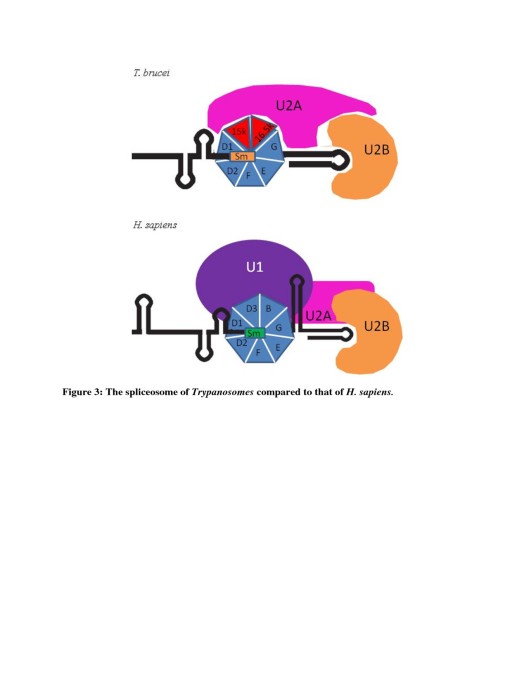
Endo-parasites that affect humans include Plasmodium, the causative agent of malaria, which remains one of the leading causes of death in human beings. Despite decades of research, vaccines to this and other endo-parasites remain elusive. This is in part due to the hyper-variability of the parasites surface proteins. Generally these surface proteins are encoded by a large family of genes, with only one being dominantly expressed at certain life stages. Another layer of complexity can be introduced through the alternative splicing of these surface proteins. The resulting isoforms may differ from each other with regard to cell localisation, substrate affinities and functions. They may even differ in structure to the extent that they are no longer recognised by the host’s immune system. In many cases this leads to changes in the N terminus of these proteins. The geographical localisation of endo-parasitic infections around the tropics and the highest incidences of HIV-1 infection in the same areas, adds a further layer of complexity as parasitic infections affect the host immune system resulting in higher HIV infection rates, faster disease progression, and an increase in the severity of infections and complications in HIV diagnosis. This review discusses some examples of parasite surface proteins that are alternatively spliced in trypanosomes, Plasmodium and the parasitic worm Schistosoma as well as what role alternate splicing may play in the interaction between HIV and these endo-parasites.

Review] Dr Jekyll and Mr Hyde: From Two Branches of Immune Response to Three Types of Interferon Response - Article (Preprint v1) by Brent Brown
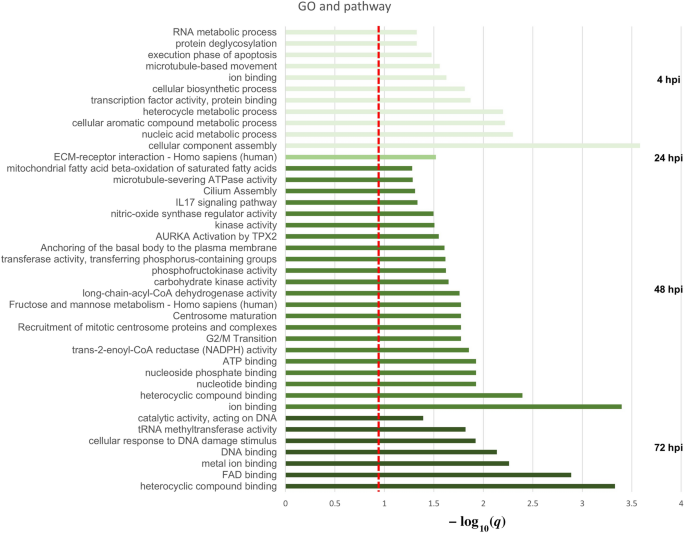
Transcriptome analysis of alternative splicing in the pathogen life cycle in human foreskin fibroblasts infected with Trypanosoma cruzi
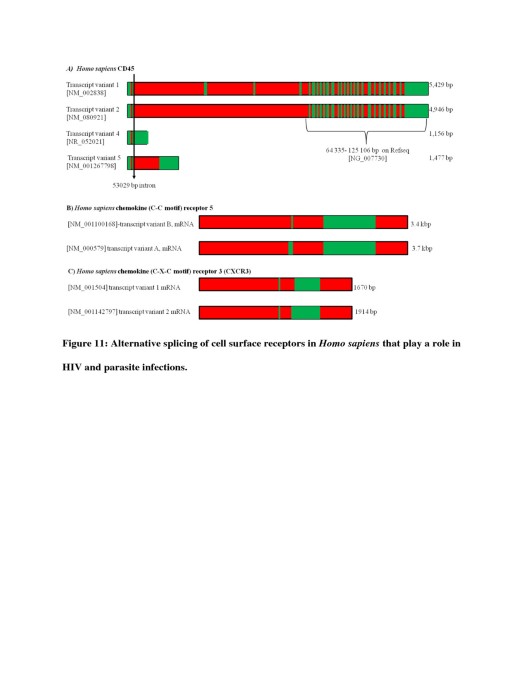
The role played by alternative splicing in antigenic variability in human endo-parasites, Parasites & Vectors

Alternative splicing of cell surface receptors in Homo sapiens that
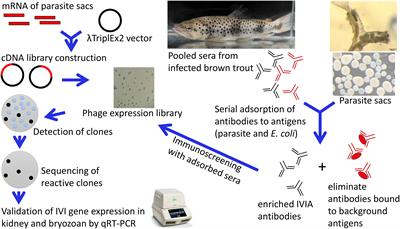
Frontiers Identification of in vivo induced antigens of the malacosporean parasite Tetracapsuloides bryosalmonae (Cnidaria) using in vivo induced antigen technology
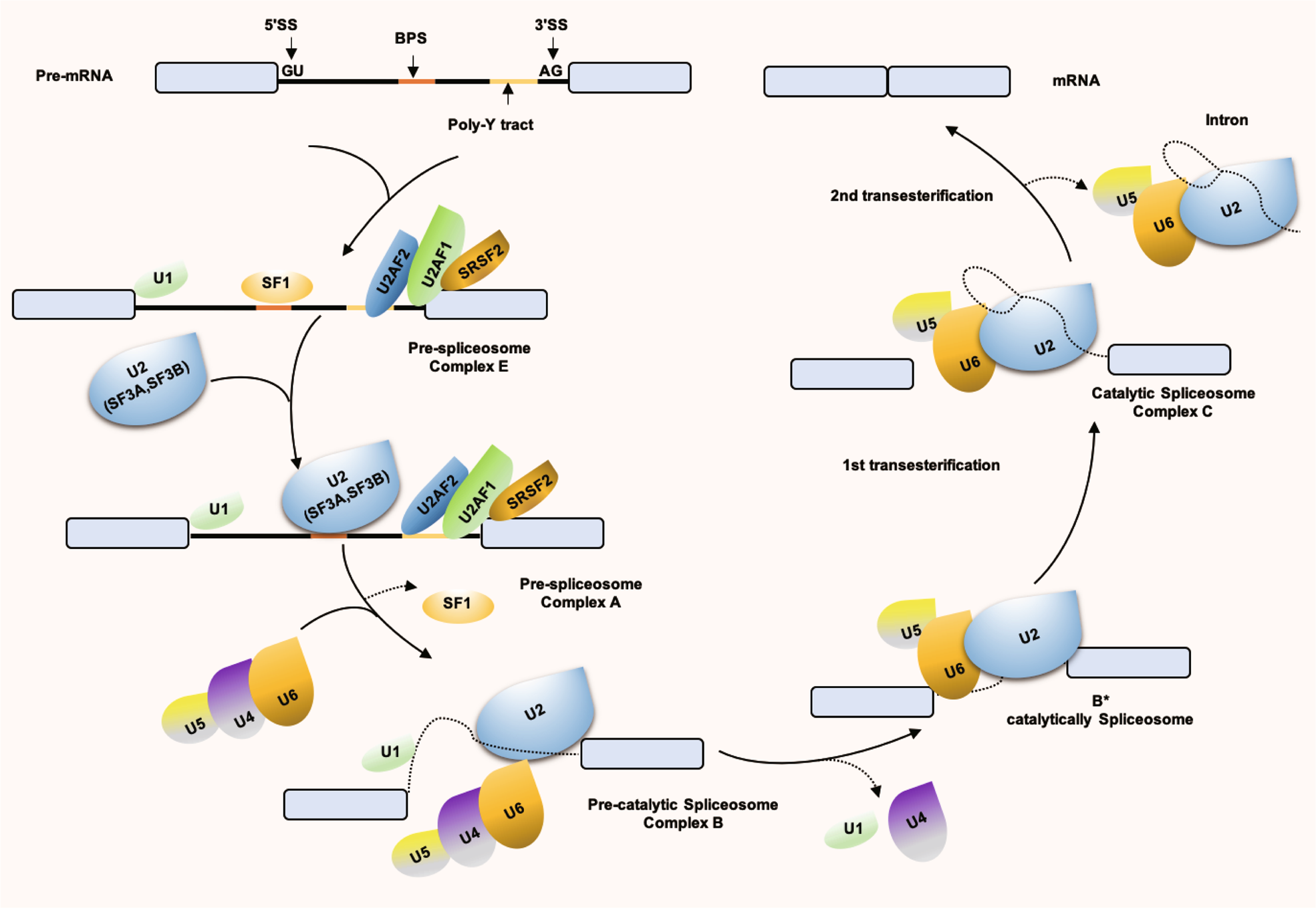
Alternative splicing and cancer: a systematic review

PDF) The role played by alternative splicing in antigenic variability in human endo-parasites

Review] Dr Jekyll and Mr Hyde: From Two Branches of Immune Response to Three Types of Interferon Response - Article (Preprint v1) by Brent Brown
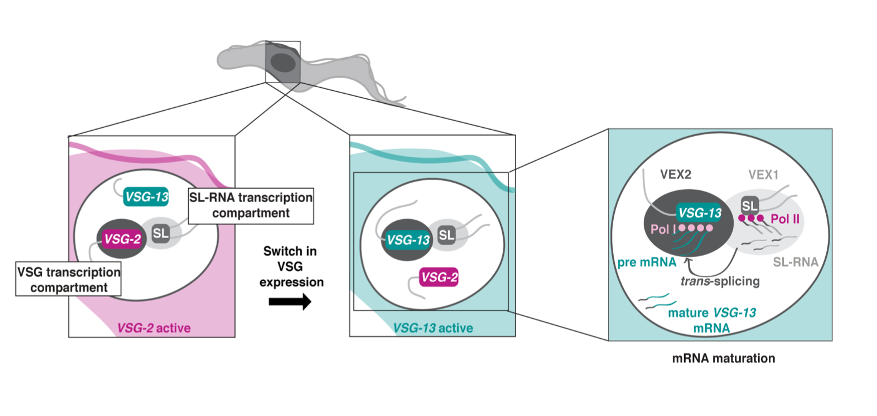
Antigenic variation by switching inter-chromosomal interactions with an RNA splicing locus in trypanosomes - preLights
Recomendado para você
-
 Scp 7148 Techno Heart by DrJackBrightNeko on DeviantArt03 julho 2024
Scp 7148 Techno Heart by DrJackBrightNeko on DeviantArt03 julho 2024 -
![SCP-5812 Ghostyard Safe [SCP Document Reading]](https://i.ytimg.com/vi/_Y-mRve-GhM/maxresdefault.jpg) SCP-5812 Ghostyard Safe [SCP Document Reading]03 julho 2024
SCP-5812 Ghostyard Safe [SCP Document Reading]03 julho 2024 -
SCP-7148 - SCP Foundation03 julho 2024
-
 Scp - 40- z The ditto03 julho 2024
Scp - 40- z The ditto03 julho 2024 -
![SCP-2074 Sinkbait Safe [SCP Document Reading]](https://i.ytimg.com/vi/WElXY-UgoIY/sddefault.jpg) SCP-2074 Sinkbait Safe [SCP Document Reading]03 julho 2024
SCP-2074 Sinkbait Safe [SCP Document Reading]03 julho 2024 -
old edit // scp: zoylaep.scp #raisokolov #kylehunter #throneduet03 julho 2024
-
 Whipple 6 Rib Supercharger Pulley (2014+ GM DI LT1) SCP-6-GMT03 julho 2024
Whipple 6 Rib Supercharger Pulley (2014+ GM DI LT1) SCP-6-GMT03 julho 2024 -
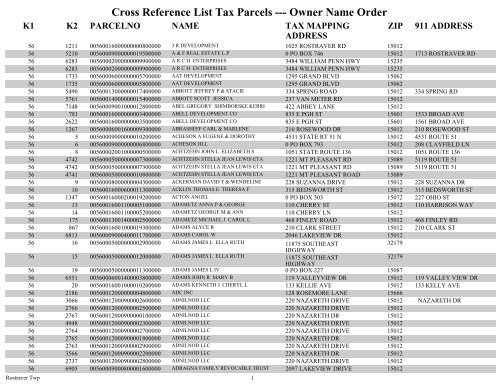 Cross Reference List Tax Parcels --- Owner Name Order03 julho 2024
Cross Reference List Tax Parcels --- Owner Name Order03 julho 2024 -
 Customer Segmentation Analysis - Emirates03 julho 2024
Customer Segmentation Analysis - Emirates03 julho 2024 -
my avatar is a skulldog not an scp. its so annoying #robloxtiktok #rob03 julho 2024
você pode gostar
-
 Comemore a Chegada de 2012 com Novos DLCs para UNCHARTED 303 julho 2024
Comemore a Chegada de 2012 com Novos DLCs para UNCHARTED 303 julho 2024 -
 Relógio Disco Vinil Jogos e Games Realidade Virtual VJG-01103 julho 2024
Relógio Disco Vinil Jogos e Games Realidade Virtual VJG-01103 julho 2024 -
 Shingeki no Kyojin temporada final parte 3: a qué hora sale y dónde ver online el capítulo03 julho 2024
Shingeki no Kyojin temporada final parte 3: a qué hora sale y dónde ver online el capítulo03 julho 2024 -
 Henry Cavill revela motivo da briga entre Superman e Batman em03 julho 2024
Henry Cavill revela motivo da briga entre Superman e Batman em03 julho 2024 -
![Poppy Playtime (Chapter 1) Minecraft map [JAVA EDITION MODDED] OLD VERSION (making a new one) (READ DESCRIPTION!!!) Minecraft Map](https://static.planetminecraft.com/files/image/minecraft/project/2023/203/16615841-chaptercover_xl.webp) Poppy Playtime (Chapter 1) Minecraft map [JAVA EDITION MODDED] OLD VERSION (making a new one) (READ DESCRIPTION!!!) Minecraft Map03 julho 2024
Poppy Playtime (Chapter 1) Minecraft map [JAVA EDITION MODDED] OLD VERSION (making a new one) (READ DESCRIPTION!!!) Minecraft Map03 julho 2024 -
 Casa De Boneca Casinha De Bonecas Barbie Emily Mdf Cr03 julho 2024
Casa De Boneca Casinha De Bonecas Barbie Emily Mdf Cr03 julho 2024 -
 Record of Ragnarok revela trailer oficial para a Parte 2 da segunda temporada03 julho 2024
Record of Ragnarok revela trailer oficial para a Parte 2 da segunda temporada03 julho 2024 -
 To/tvd - ElenaRomanov15 - Wattpad03 julho 2024
To/tvd - ElenaRomanov15 - Wattpad03 julho 2024 -
naruto #kakashi #gaisensei03 julho 2024
-
 Desenho De Cabelo Cacheado Japonês Anime Penteado Personagem Masculino PNG , Desenho De Anime, Desenho De Cabelo, Desenho De Penteado Imagem PNG e PSD Para Download Gratuito03 julho 2024
Desenho De Cabelo Cacheado Japonês Anime Penteado Personagem Masculino PNG , Desenho De Anime, Desenho De Cabelo, Desenho De Penteado Imagem PNG e PSD Para Download Gratuito03 julho 2024


